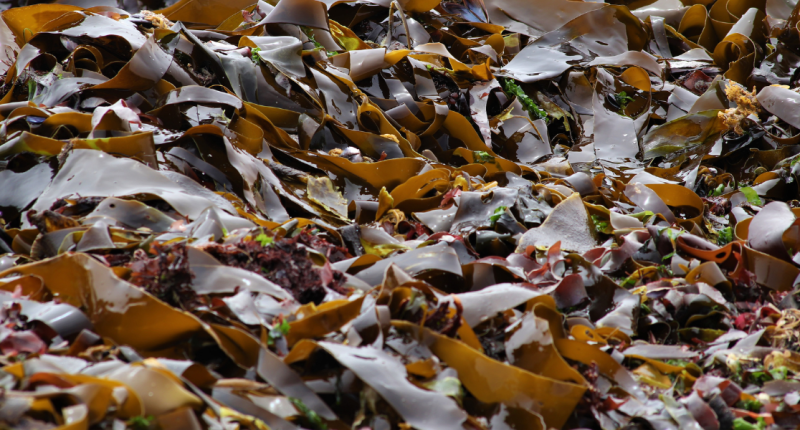A study by Seoul National University of Science and Technology has investigated brown seaweed consumption (BSC) as a diabetes management strategy.
Researchers conducted a meta-analysis of 23 previous publications suggests that BSC is an effective supplement, lowering type 2 diabetes risk and regulating blood glucose levels in patients.
The study involved data collection from online databases, screening 15,137 potential publications and narrowing down to 23 for analysis.
The criteria considered participants at risk of type 2 diabetes, interventions using brown seaweed or extracts, placebos for comparisons and outcomes from randomised controlled trials.
Findings revealed significant reductions in fasting blood glucose and postprandial blood glucose levels for people consuming brown seaweed.
The Homeostasis Model Assessment of Insulin Resistance and HbA1c analyses consistently showed reductions in those consuming at least 1000 mg/day of seaweed or seaweed extract.
- Diabetes cure from seaweed
- UK type 2 diabetes prevention programme proven to work beyond reasonable doubt
- New Thriving with Diabetes podcast offers fresh perspective on life with diabetes
Poor dietary habits and sedentary lifestyles predominantly contribute to the risk of type 2 diabetes, affecting over 90% of individuals with increased BMIs.
Diabetes affects 10.5% of adults worldwide, representing 98% of diabetes cases and impacting around 530 million people globally.
Dietary interventions, notably the Mediterranean diet, low-calorie and low carb diets, show promise in managing type 2 diabetes but current oral anti-diabetic medications pose cost and side-effect challenges.
Recent ocean-based studies indicate that brown seaweed, long consumed in Asia, could offer natural, side-effect-free alternatives to conventional therapies.
Seaweeds are rich in protein, fibre, carotenoids, polysaccharides and polyphenols.
However, comprehensive reviews assessing brown seaweed’s anti-diabetic effects are currently lacking.
- T cells: muscle and immune system relationship could shape precision exercise-based therapies
- Short bursts of exercise reduce risks of cardiovascular disease and cancer, research shows
Further reviews could inform clinicians and diabetes’ patients considering brown algae in their health routines.





